the most hot sale antioxidants and its functions in human body in cote d'ivoire
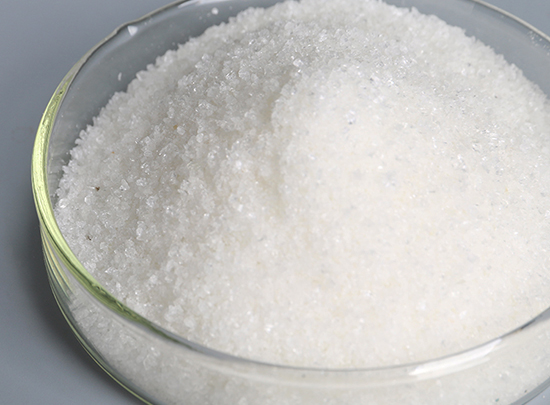
How the Body Makes Nitric Oxide | HumanN
Nitric oxide (NO) is one of the most important molecules produced in the human body. It regulates many important cell functions including regulation of healthy blood flow and healthy blood pressure levels, communication between cells in the brain as well as how our body defends itself against pathogens.
Send Inquiry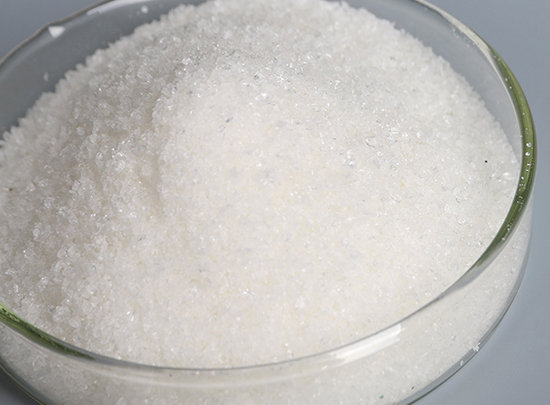
AstaReal ® - The Natural Astaxanthin of Choice
The skin is the largest organ of the body and is extremely complex; consisting of multiple layers each of which have unique and important functions. Natural astaxanthin is the most powerful antioxidant known to science, and has the ability to optimize the health and radiance of the skin by providing protection and support to all layers.
Send Inquiry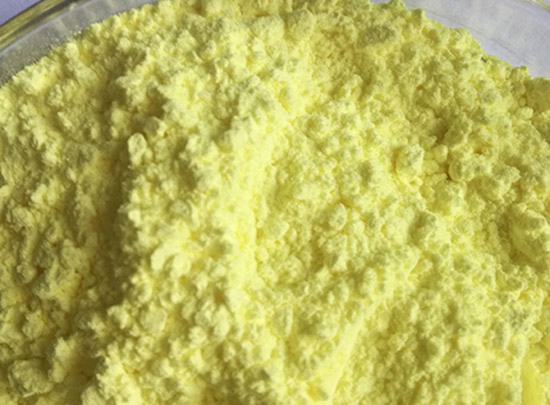
Top 8 Benefits of Collagen Supplements for Skin, Hair
Though there are 16 types of collagen found in the human body, we will only talk about half of them — the ones of most importance to your health. Type I Collagen. The most common type of collagen found in your dermis (skin), bones, and connective tissue is type I collagen. Supplementing with type I collagen promotes healthy skin cells and may ...
Send InquiryAfrica’s Socialism Is Keeping it Poor
The Ivorian Miracle made Côte d’Ivoire the most prosperous nation in West Africa between 1960 and 1980. What Africans have failed to grasp about capitalism and the free market is that, it is not a system intrinsic to Western culture. It is a system intrinsic to human nature regardless of race, ethnicity, or the local culture.
Send InquiryThe Impact of Post-Harvest Traditional Technologies
The seeds of «Akpi» (Ricinodendron heudelotii), because of its very pronounced and appreciated aroma, are extensively used in many diets in Africa, more specifically in Côte D’Ivoire. Usually, the kernels of the plant are used in African soups as an additive function (e.g. as a thickener) and taste lifter [7].
Send Inquiry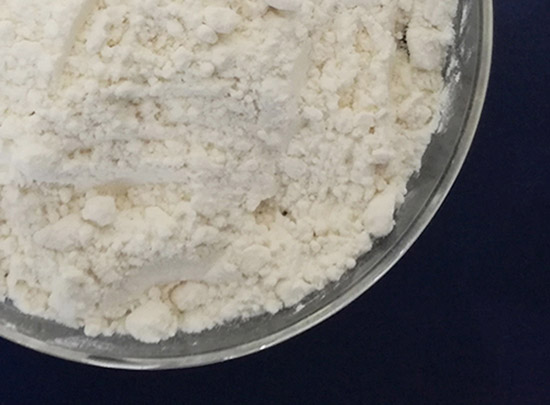
STC30 – SuperLife World
As an essential component of STC30, glisodin stimulates the body’s antioxidant defence system. It enhances the body’s production of its own natural antioxidants including Superoxide Dismutase (SOD, the most powerful antioxidant). Because of this, the body is well equipped to recover and from and combat stress.
Send InquiryCocoa and Chocolate in Human Health and Disease
The main flavanols found in cocoa are epicatechin and catechin, and procyanidins (Table 2). Procyanidins provide the majority of antioxidant activity in cocoa products (200). In addition to polyphenols, cocoa contains methylxanthine compounds—predominantly theobromine—about 2% to 3% by weight.
Send InquiryA Trace Mineral With a Mighty Benefit
Selenium is a trace mineral that the body incorporates into proteins to make over 25 different selenoproteins (like the enzyme glutathione peroxidase). These are some of the strongest antioxidants that work to prevent cellular damage from free radicals.
Send InquiryWhat is Alpha Lipoic Acid - What Does It Do ? | Foods List
Our body has its own antioxidant capabilities but when the amount of free radicals produced during normal metabolic functions exceeds the antioxidant capabilities of the body, the body is said to be under a state of oxidative stress. Alpha lipoic acid (ALA) is one of the many potent antioxidants produced by our bodies.
Send InquiryIvory Coast
Most of the fresh water in C ô te d'Ivoire contains schistosomiasis, a parasite which causes insidious problems in bowel and urinary function. For this reason, visitors should never swim in fresh water.
Send Inquiry
Antioxidants and its functions in human body - A Review
Antioxidants and its functions in human body - A Review Anuj Yadav* 1 , Rewa Kumari 2 , Ashwani Yadav, J.P. Mishra, Seweta Srivatva and Shashi Prabha *1 U.P. Council of Agricultural Research
Send Inquiry
Antioxidants and its functions in human body - A Review
There are several dozen carotenoids in the foods that we eat, and most of these carotenoids have antioxidant activity. beta-carotene has been best studied since, in most countries it is the most
Send InquiryHow Much Antioxidants in a Day? | Livestrong.com
Video of the Day. Antioxidant Function When the cells in your body use oxygen, they naturally produce free radicals, or highly reactive molecules. Cigarette smoking, alcohol, metabolism, pollution, direct sunlight, unhealthy foods, exercise and stress can contribute to free radical formation.
Send InquiryUnderstanding Our Bodies: The Role of Antioxidants
Perhaps the most famous antioxidant foods are the colored berries like blueberries and raspberries, which are chock full of a antioxidants like Vitamin C and Vitamin E. So ROS are bad? Well… like everything else, it’s not quite that simple.
Send InquiryWGU Chapter 17 Nutrient Flashcards
WGU Chapter 17 Nutrient. Principal source for the body's energy. Carbohydrates are either simple sugars, derived from such foods as sugar and honey, or more complex compounds, derived from such foods as cereals and potatoes. For example, the sweet taste of corn and peas is due to the presence of carbohydrate compounds.
Send Inquiry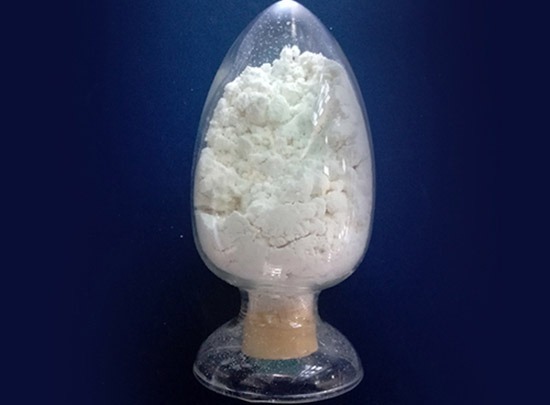
The Most Important Antioxidant You've Never Heard Of
Glutathione is considered to be one of the most important, premier antioxidants in the world. The good news is this is one of the few nutrients you don't necessarily have to supplement with. And that's because your body makes it on its own. Glutathione is made up of a few amino acids and chemicals you normally get directly from natural, whole foods.
Send Inquiry
What are Antioxidants and Why Do we need them?
Only the vitamin antioxidants have been proven to have beneficial antioxidant effects in the human body, whilst the other forms have been shown to be effective in a laboratory, but are not thought to maintain this efficiency in the human body.
Send Inquiry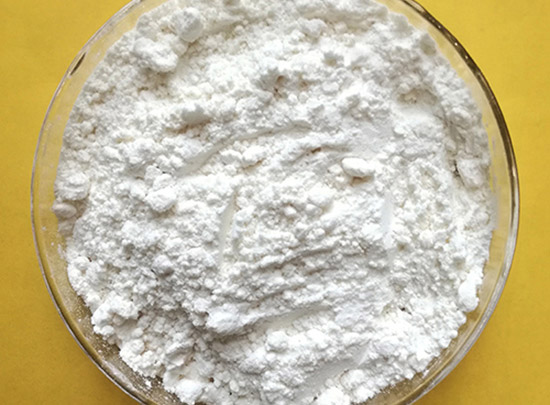
NUTRITION 400 EXAM 3 Flashcards
*water soluble antioxidant (prevents free radical damage) food source: fruits, veges, brussel sprouts, beans Functions: antioxidant activity, immune function, iron absorption, collagen synthesis Deficiency: scurvy Toxicity: high amounts excreted in urine, nausea, abdominal cramps, diarrhea, hemochromatosis
Send Inquiry